Jordan
The biggest challenges facing agriculture today are climate change, soil degradation or excessive salinity in the soil, water scarcity, pests and diseases, and the need to ensure food security for a growing population. The Agricultural Cooperation for Development (AC4D) programme in the Jordan Valley supports farmers with techniques and readily accessible technologies to overcome these challenges.
In a region where young farmers are increasingly rare, one such farmer took a transformative decision—guided directly by the soil testing service provided through our Agricultural Cooperation 4 Development (AC4D) project.
After receiving his soil and water analysis results, the farmer realized that his large, highly visible plot of land along the main road—considered completely unusable—could be rehabilitated. Acting on the recommendations given by our team, he chose to implement active deferment with cover cropping, a technique that uses minimal irrigation water to rebuild soil structure, improve fertility, and reduce salinity stress.
Being on the main road, his plot is visible to people passing through the area. His choice to adopt our technique in such a public space served as a major affirmation of AC4D’s credibility and impact within the farming community.
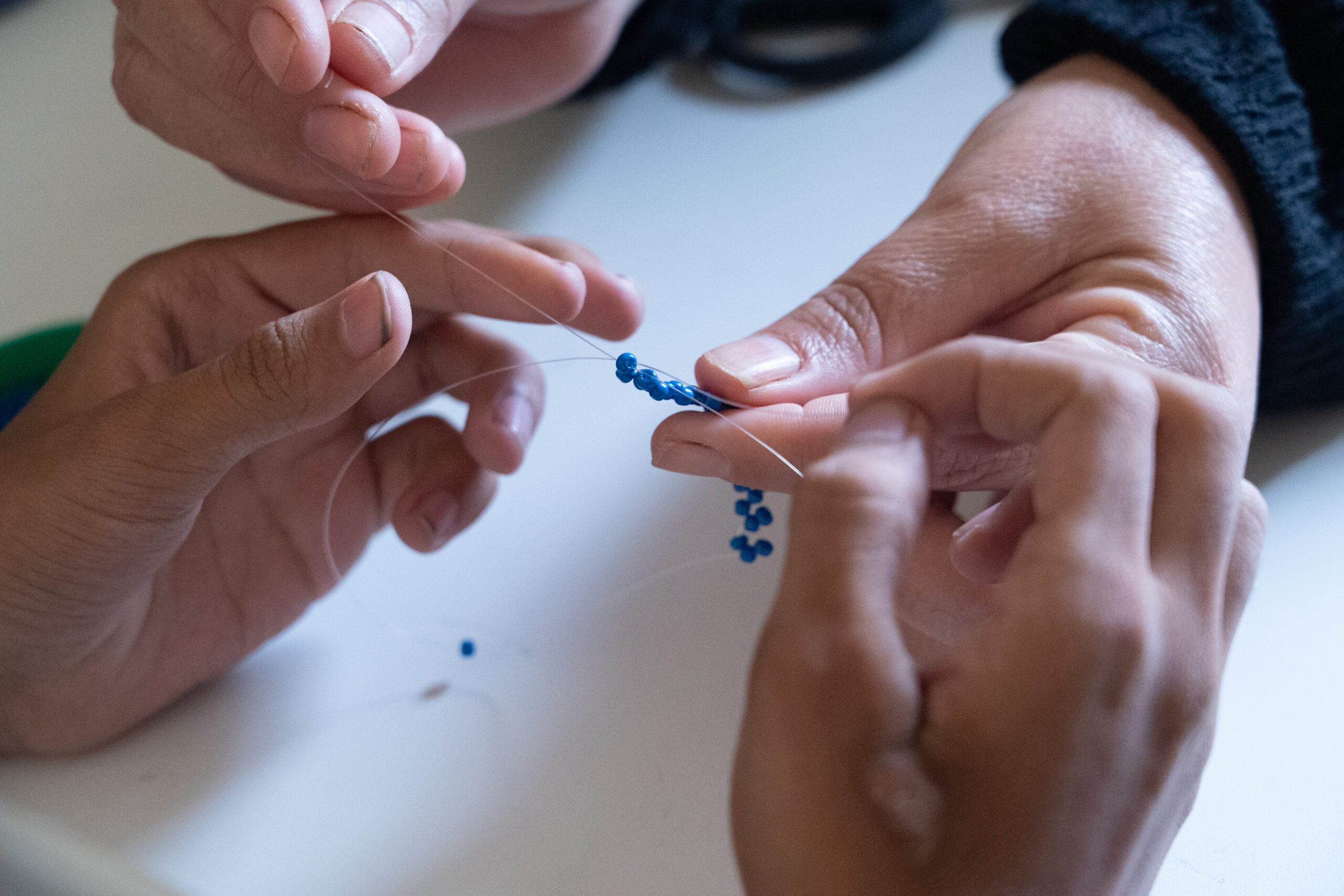
“Will we finally move now?”
“Will we finally move now?” The smile on Rania’s face was unmistakable. A combination of elation, joy, and anticipation was reflected in her expression as she entered the room and,
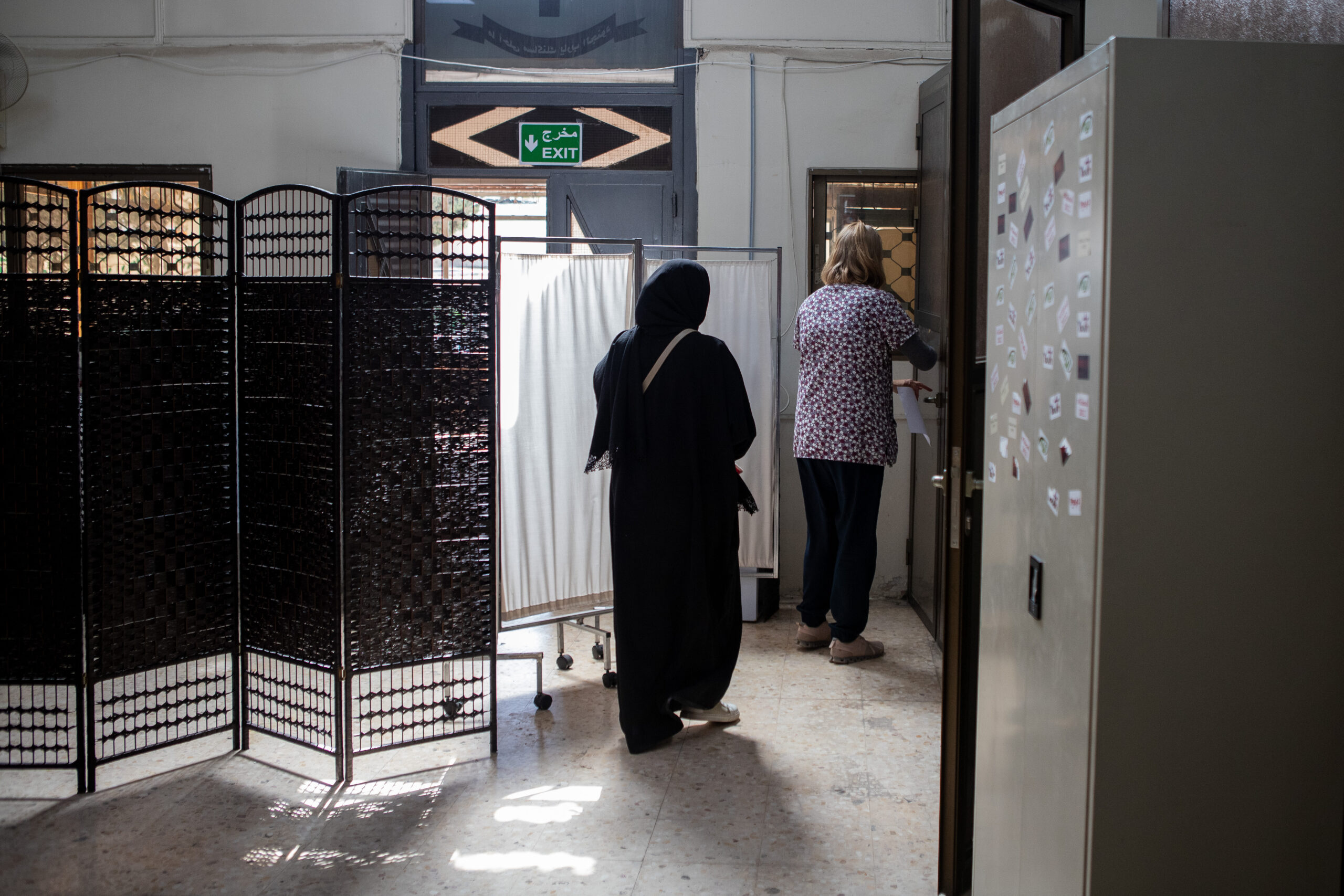
Community Health Advocates’ Training
Izzy was one of seven young women who completed our 6 month CHA pilot program. We selected women who had few opportunities in life. Some hadn’t finished school.
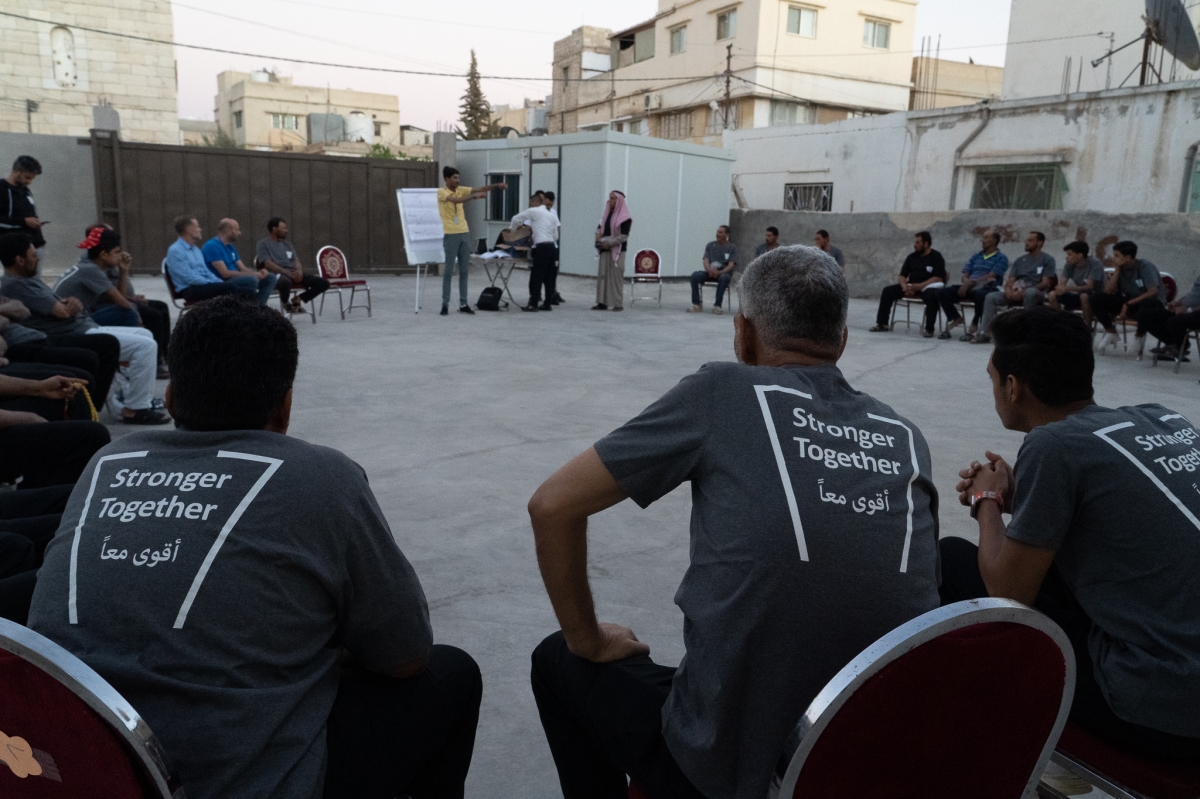
Change Impacts Relationships and Community
This man speaks of the dynamic relational and inner life that develops when participants move through Keystone’s 3-to-6-month training.
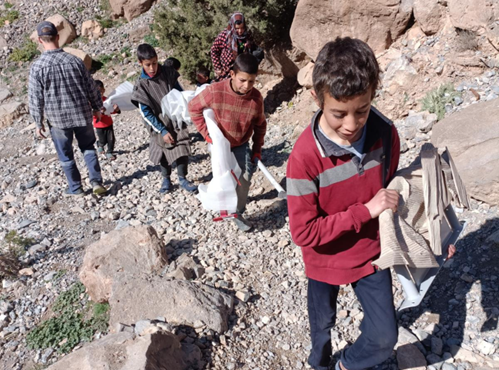
Joy Through Playing
After the earthquake in Morocco destroyed homes and buildings throughout the High Atlas Mountains and other regions, our partners assisted with relief efforts and then with rebuilding –
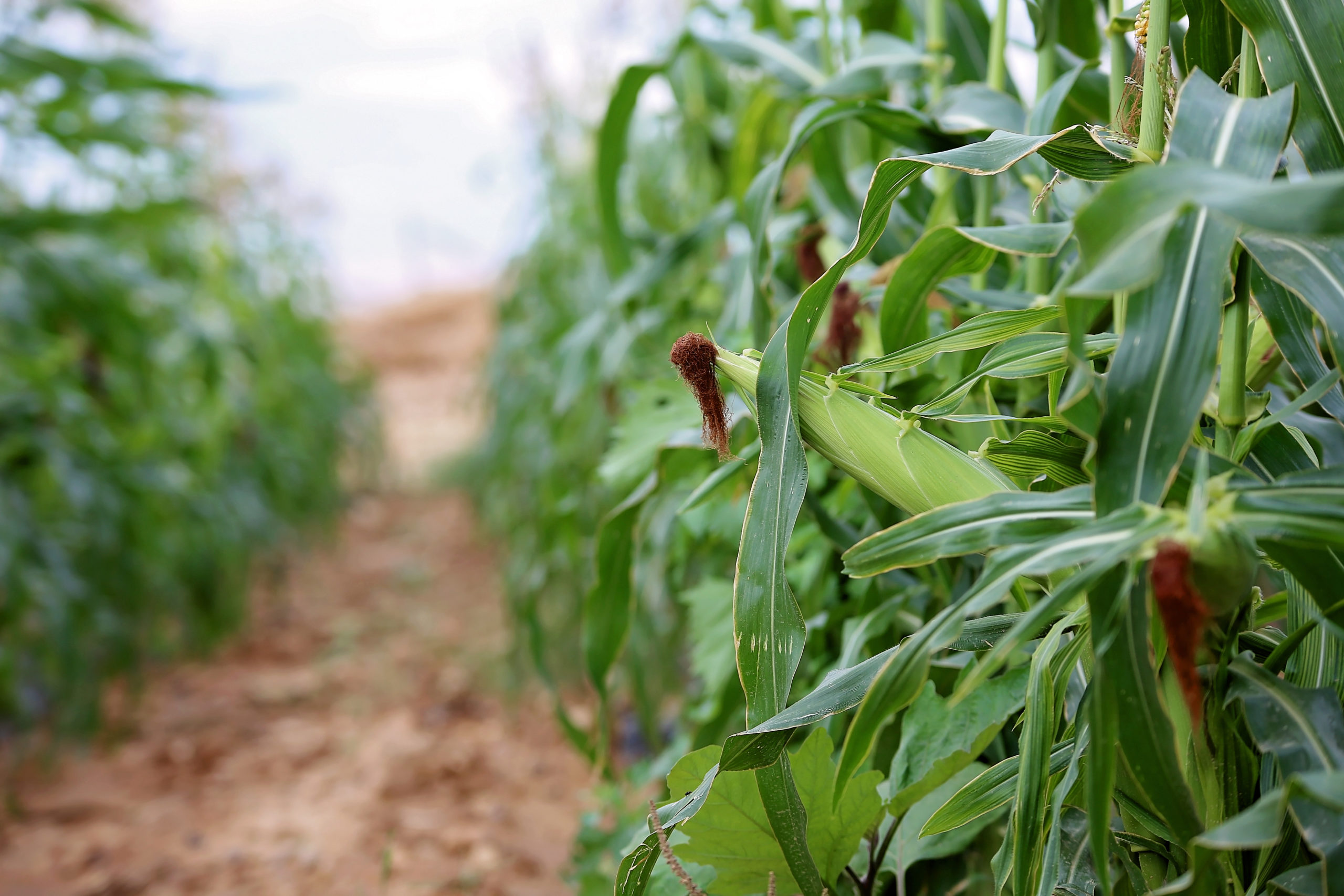
Incorporating Technology with Traditional Farming Practices
A new generation of younger farmers, having access to the internet, are considering how to incorporate technology with traditional farming practices.
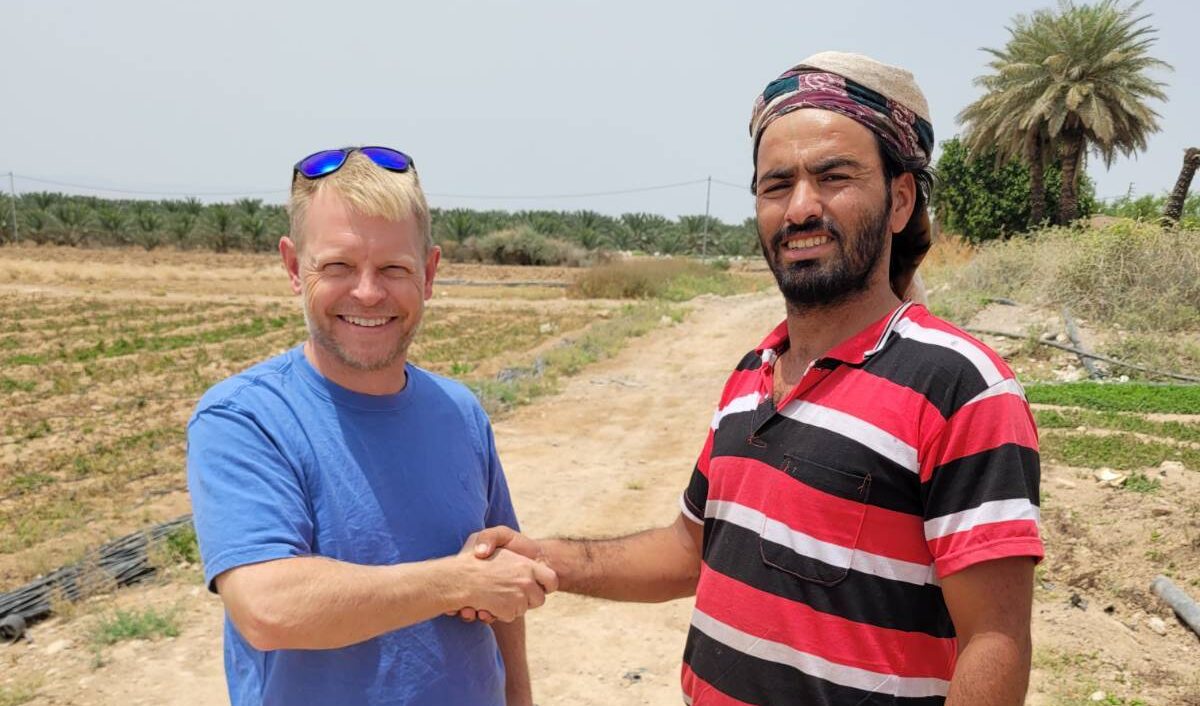
Visits to Farms
Our Agricultural Cooperation for Development (AC4D) project in Jordan is working within communities to support farmers with immediately adoptable and cost-effective technologies to aid in to management of the most pressing issues in smallholder agriculture in the Middle East.
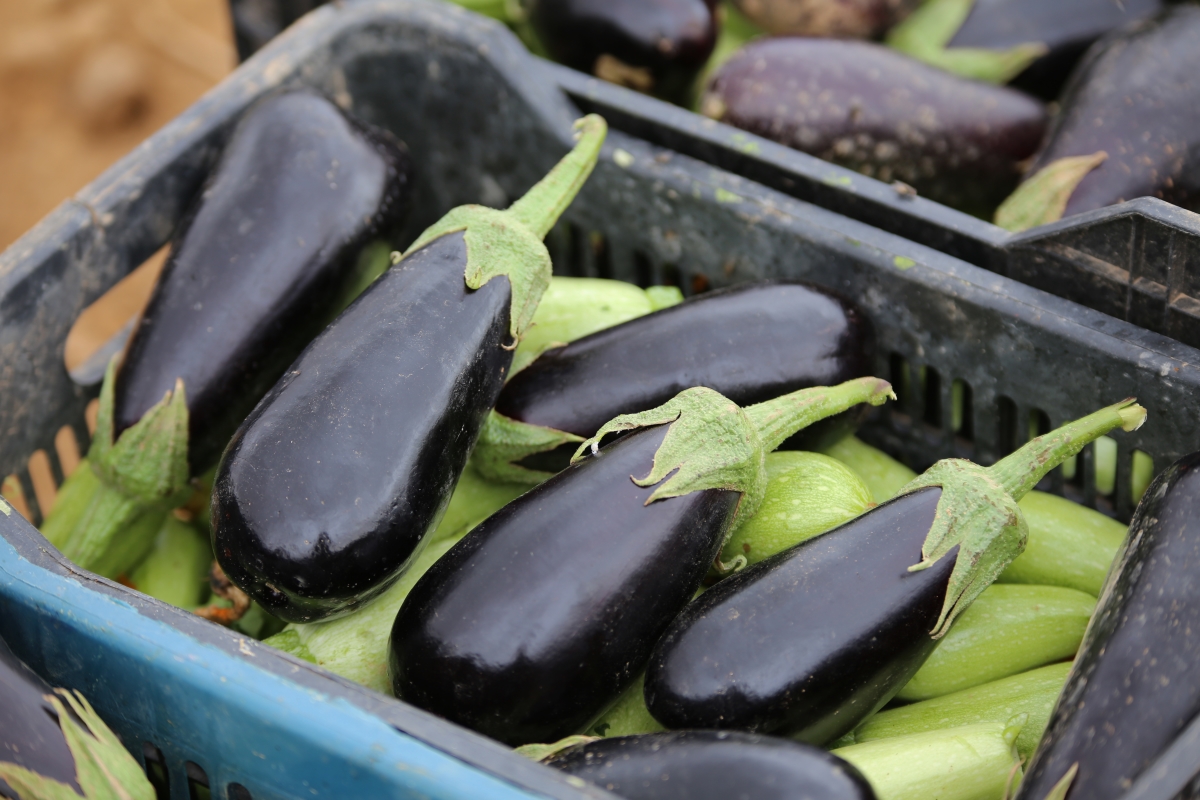
Nutritional Diversity: From Farm to Table
There must be zucchini, eggplant, cauliflower, corn, cabbage, and peppers.
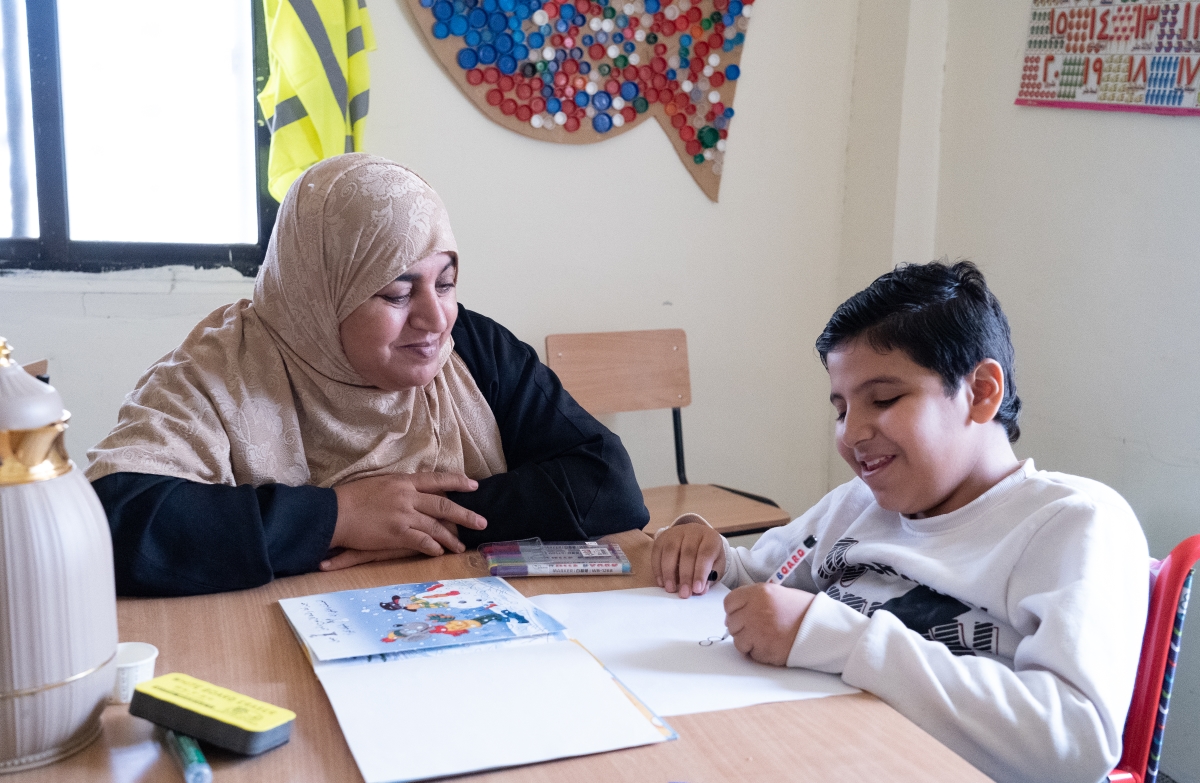
New Horizons
The view of the horizon from the CBR window is changing. As new life sprouts up and lurches forward around the CBR Center and throughout the villages,
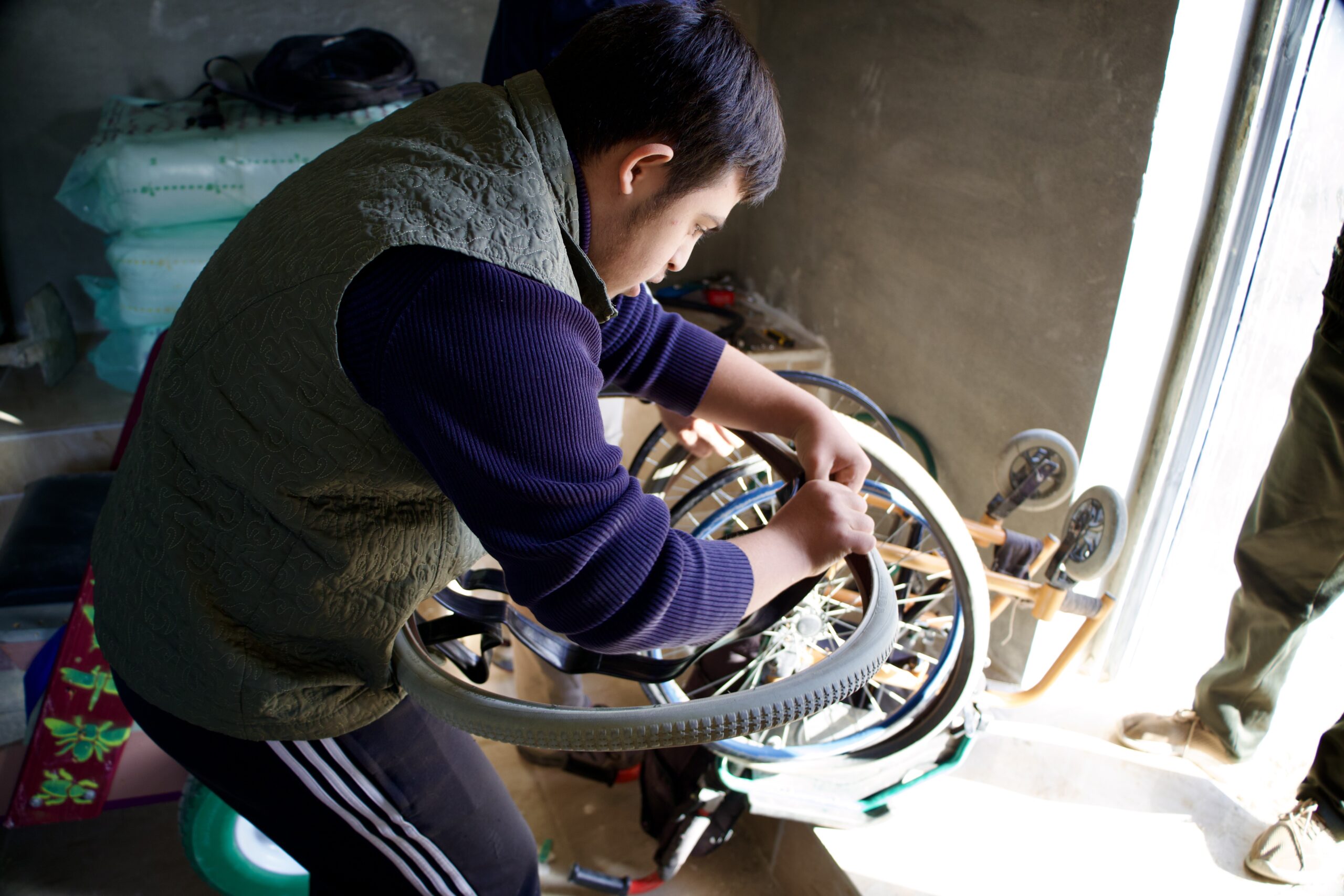
Investing in the Future
There are new sounds coming from the centre these days.
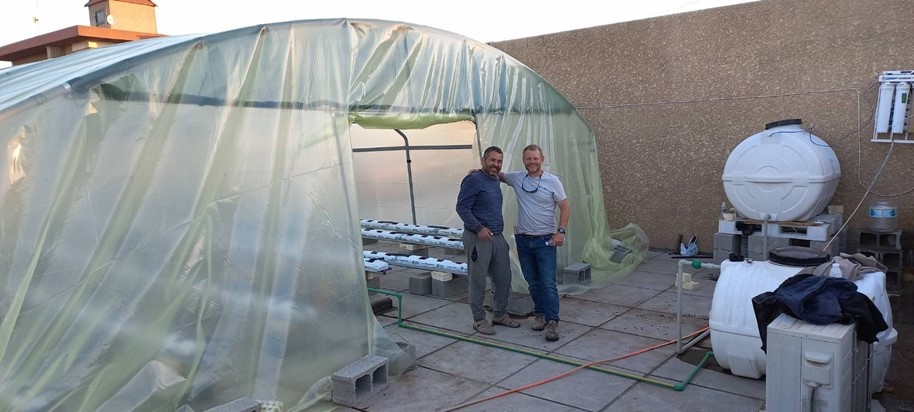
Innovation and creativity are key!
Innovation and creative marketing are a key (and necessary) component of young farmers in Jordan

Saiid’s Smile
Saiid was beaming, a grin splitting his face from ear to ear. Not only was his house finished to the point that he and his family could start living in it,
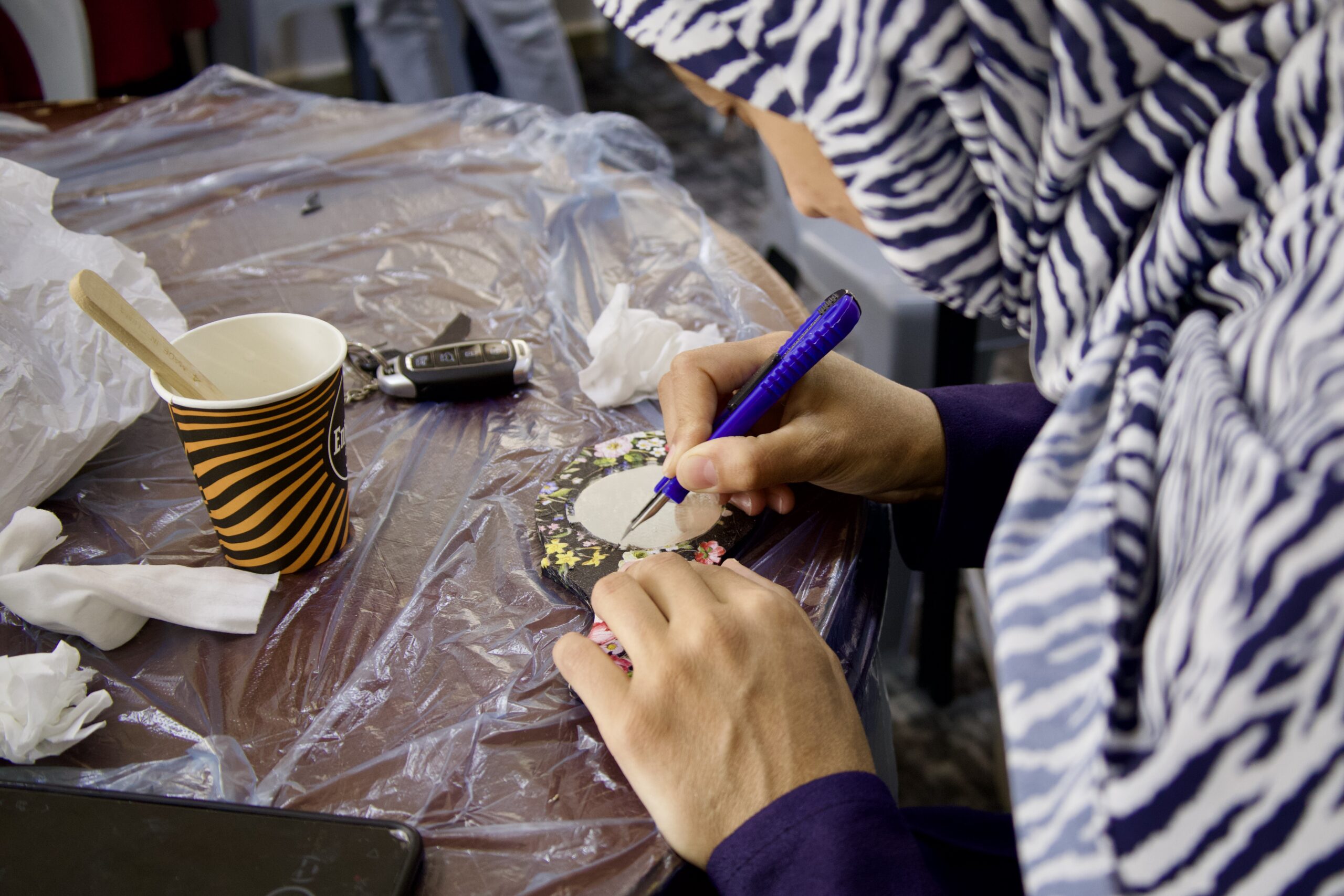
An Event for Mothers
“This is for me?” One of the ladies asked, looking at the beautiful hand-held mirror she just decorated. Her question is perhaps not surprising. For these village women,
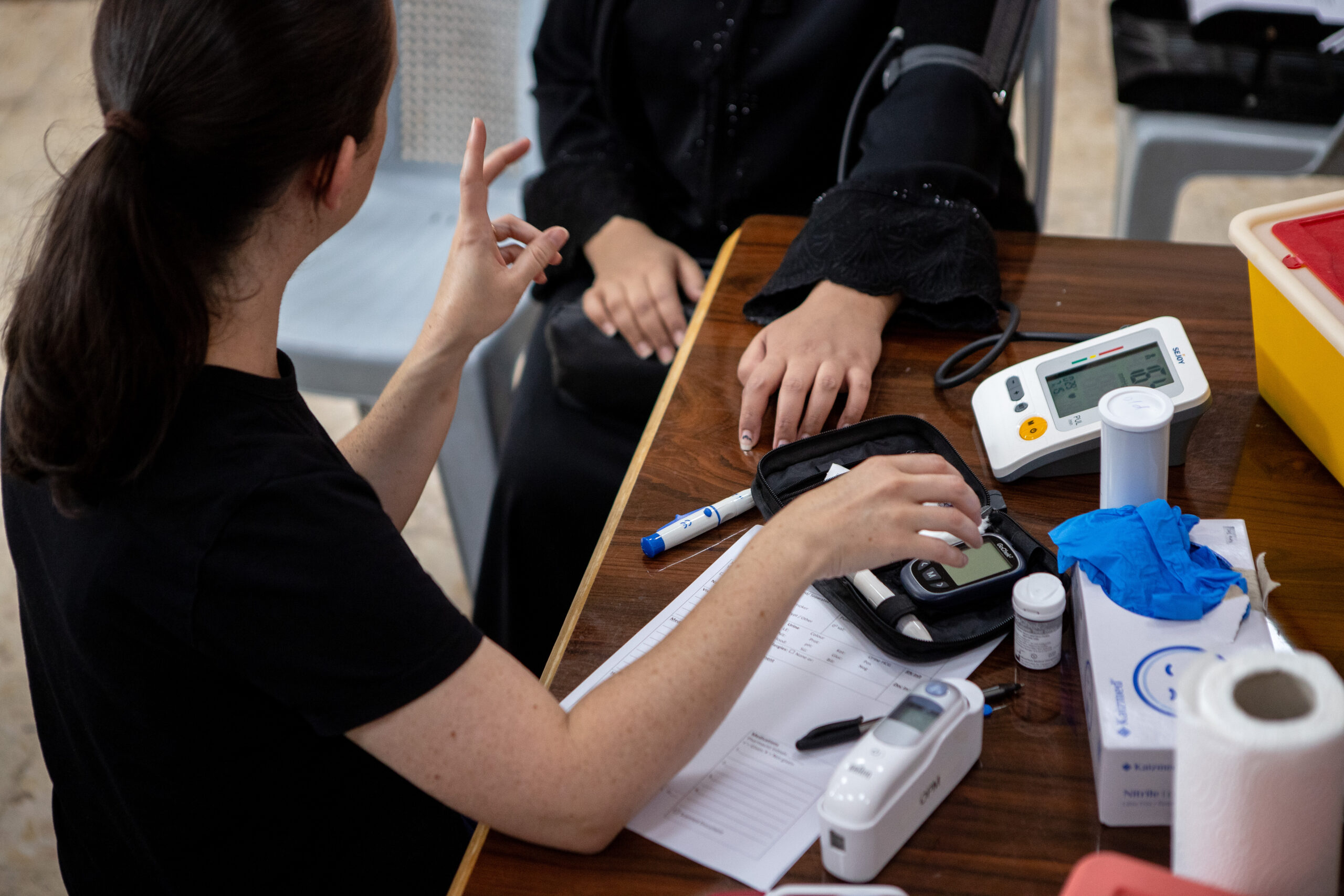
An Exercise Programme For Women
At the end of 2024, we ran a six week exercise program for Jordanian and Syrian women in Zarqa. The women who attended hadn’t had any connection with Operation Mercy in the past.
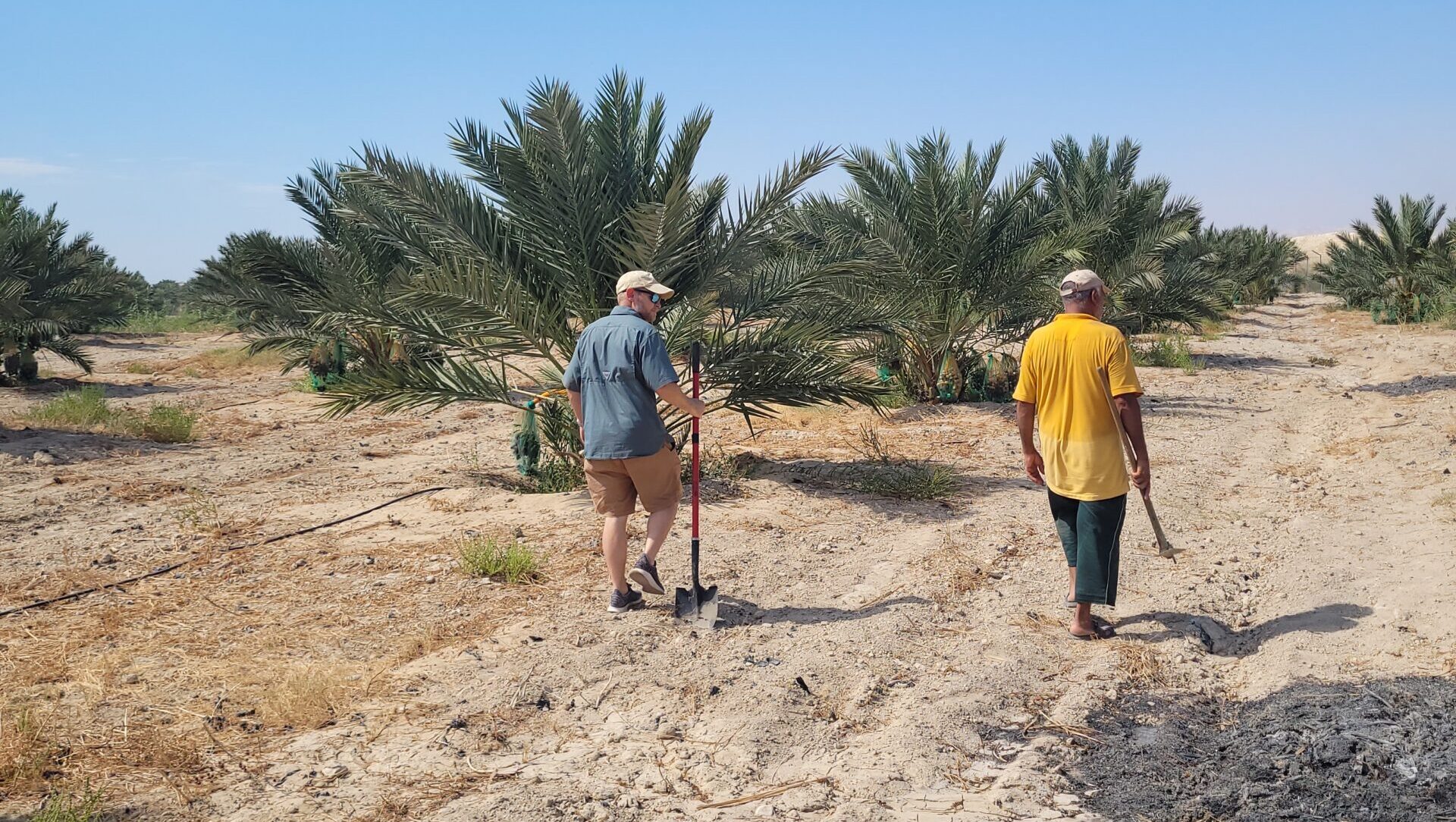
Farming in the Jordan Valley
The biggest challenges facing agriculture today are climate change, soil degradation or excessive salinity in the soil, water scarcity, pests and diseases, and the need to ensure food security for a growing population.
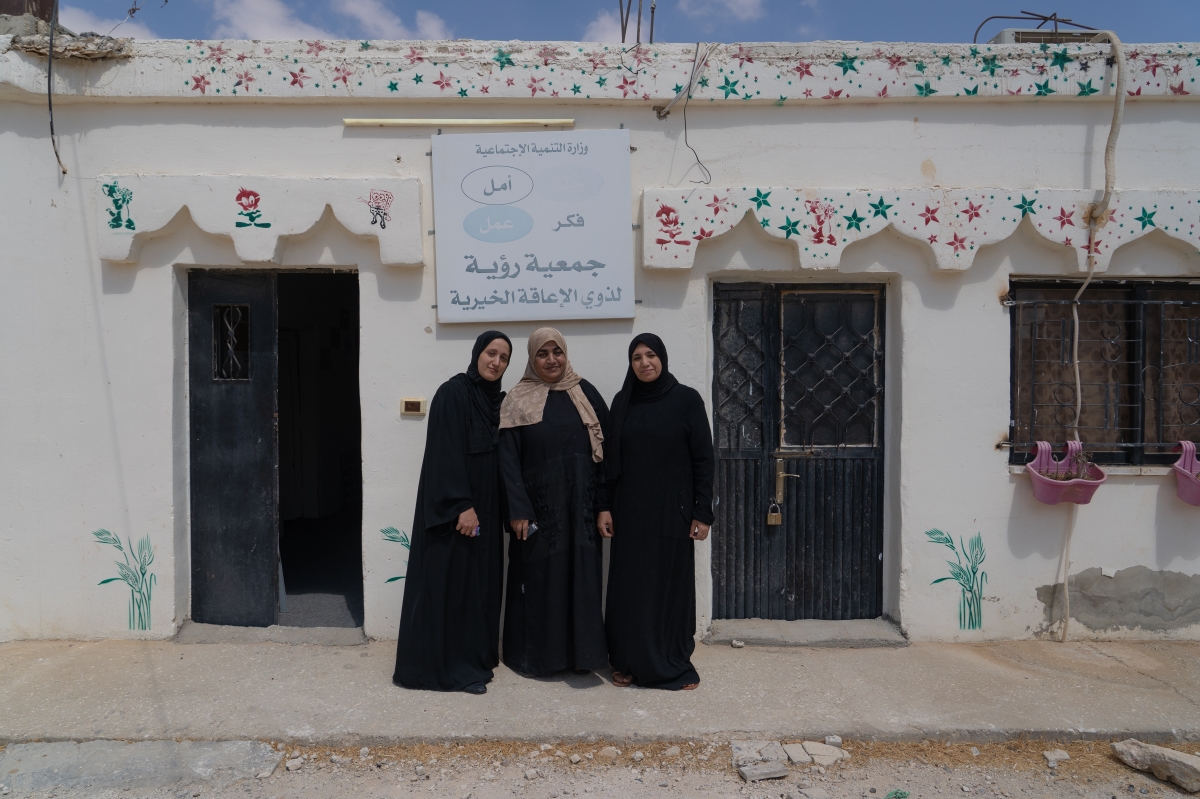
Trading Shame for Acceptance
So these women continue on, persevering on behalf of the children and their community, sharing a love and passion that grows warmer with time and over many more cups of hot tea.
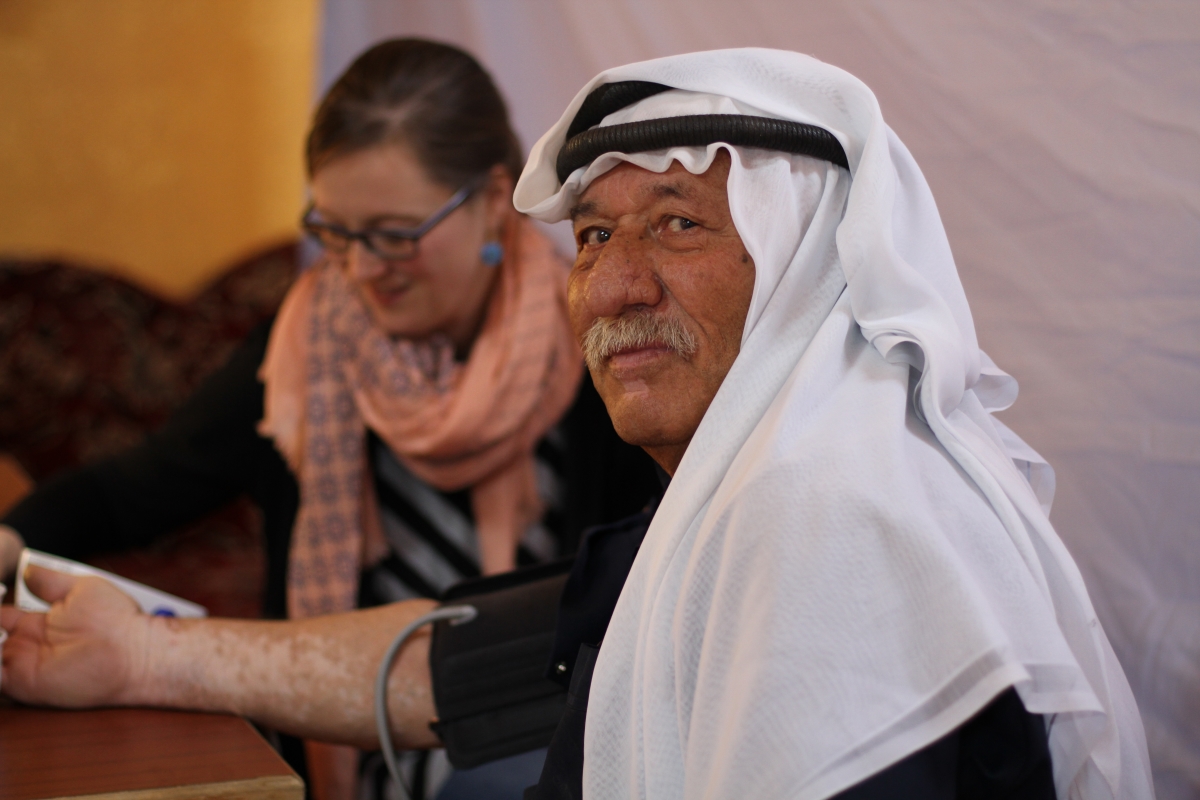
Heart Surgery Saves Grandfather
In our Operation Mercy Community Health clinics in Jordan, we screen patients who need diagnostic tests and specialist follow up.
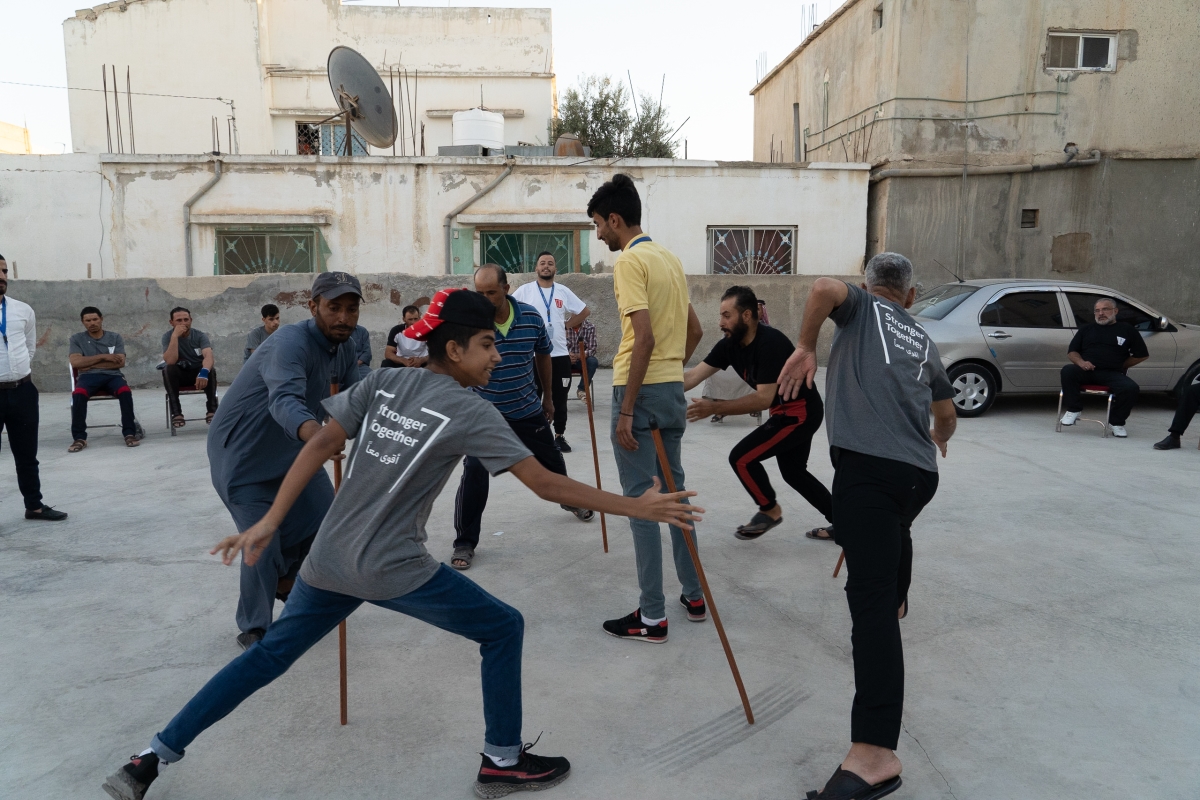
Shoulder to Shoulder
“Before,” shares Hamza, “my relationships were limited. Now, in the project, my relationships grow and grow.”
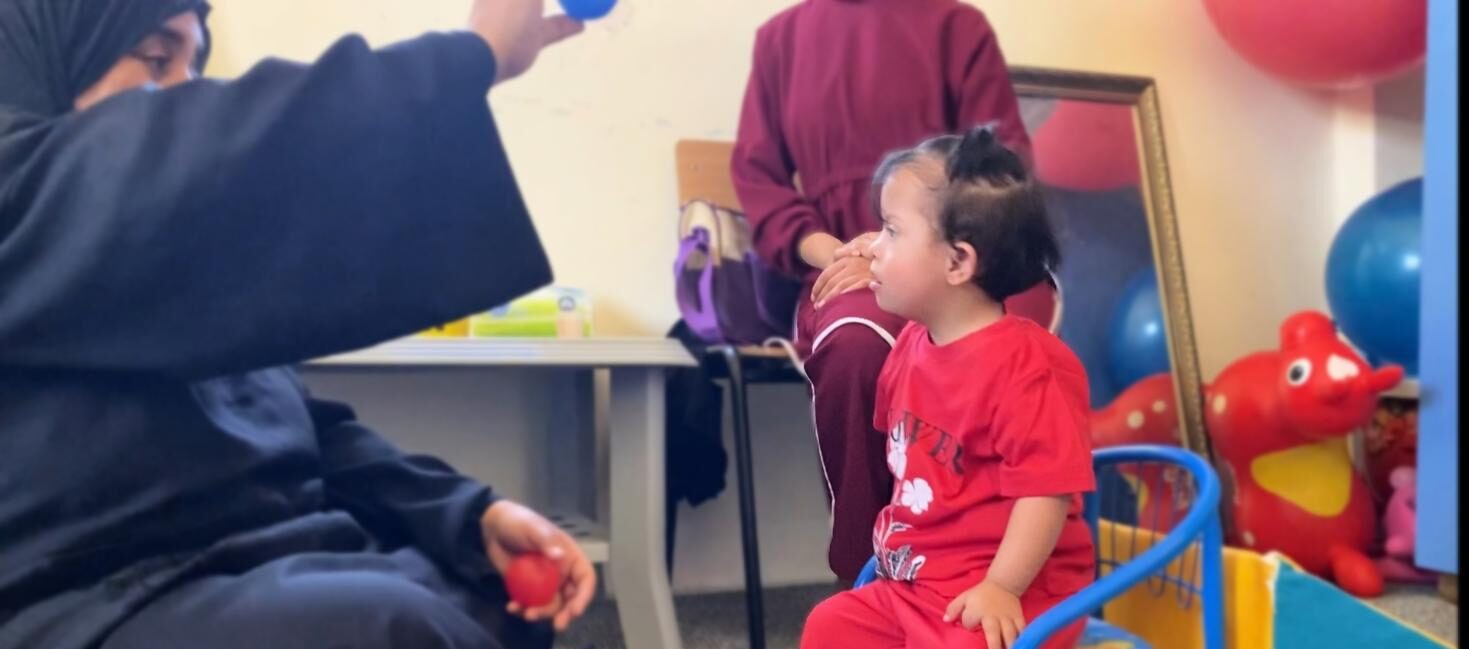
Each Child is Valuable
“I’ve learnt from you that each child is created by God and valuable, and I want to do my best to love and raise her like you would” she said
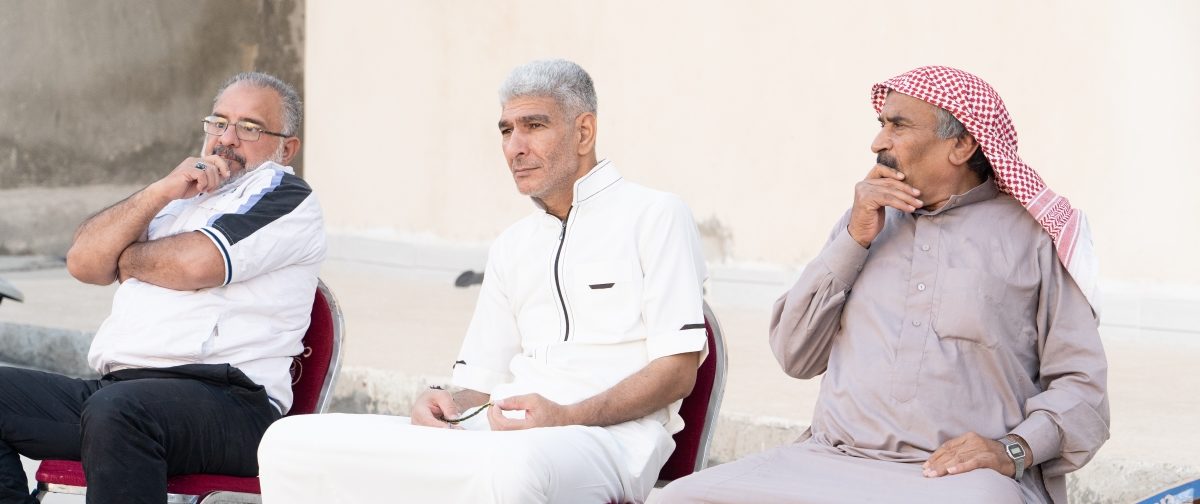
A Flower and a Dinar
Ahmed holds dear the opportunity he has to illustrate to the participants their worth in the eyes of their Creator.
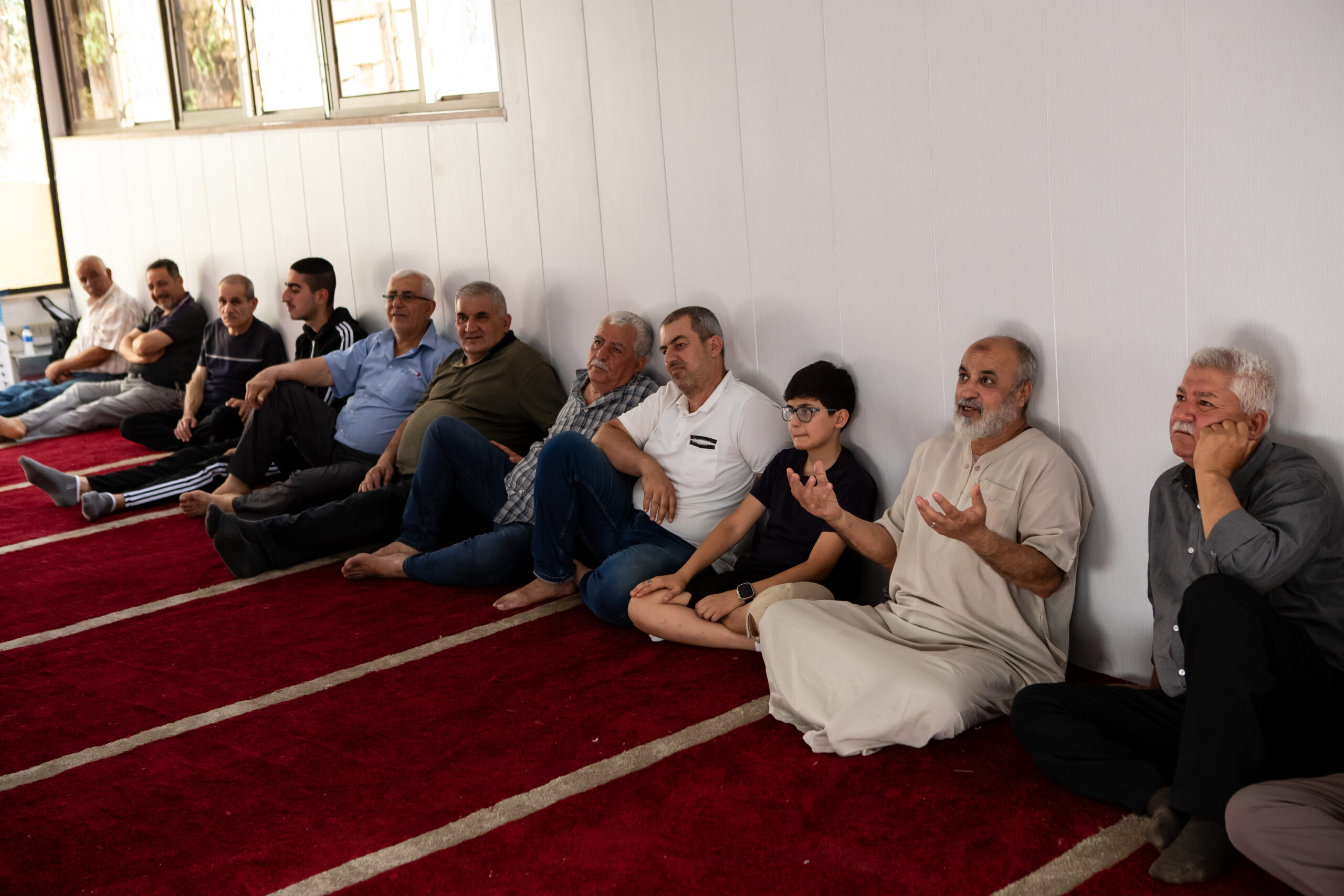
Walking Through Challenges Together
“Everyone has faced different challenges in their lives,” Hamza says. “If one of us cannot walk through one of these challenges, a [fellow] participant can help him overcome this challenge.
